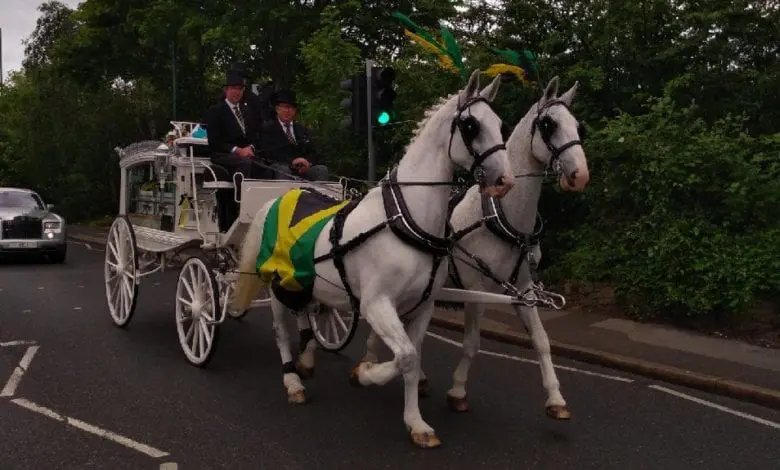A.W. Lymn calls for outdoor funeral services restrictions review

The chairman of funeral directors A.W. Lymn in Nottinghamshire has called for an urgent review of the rule that only 30 mourners can be present at outdoor funeral settings, particularly for African Caribbean funerals.

